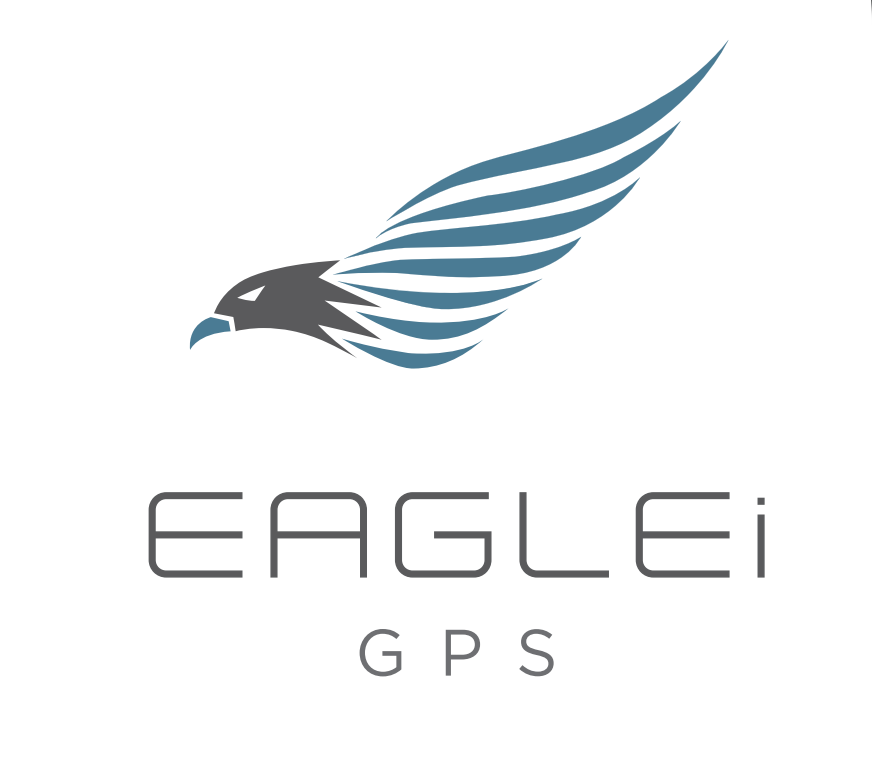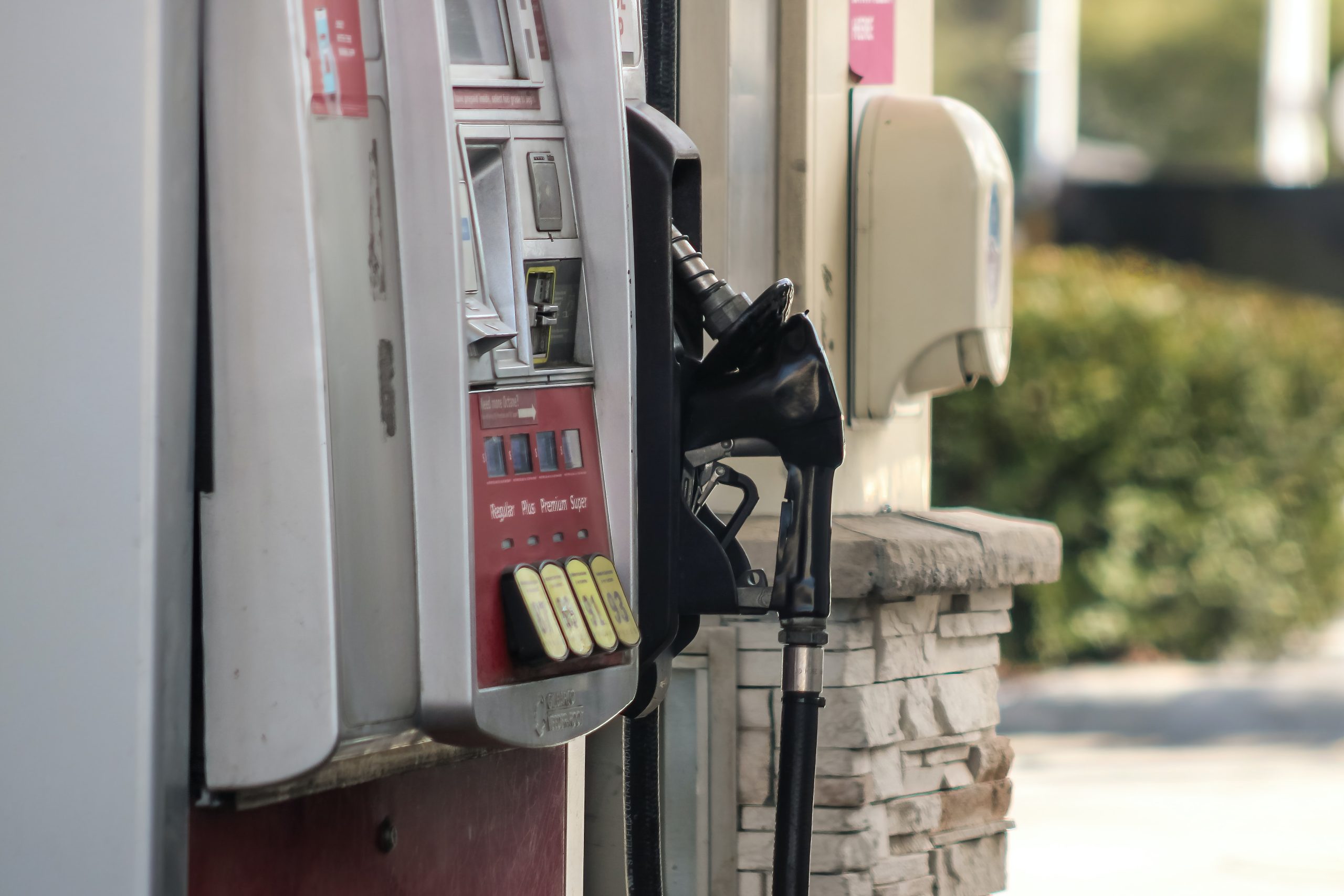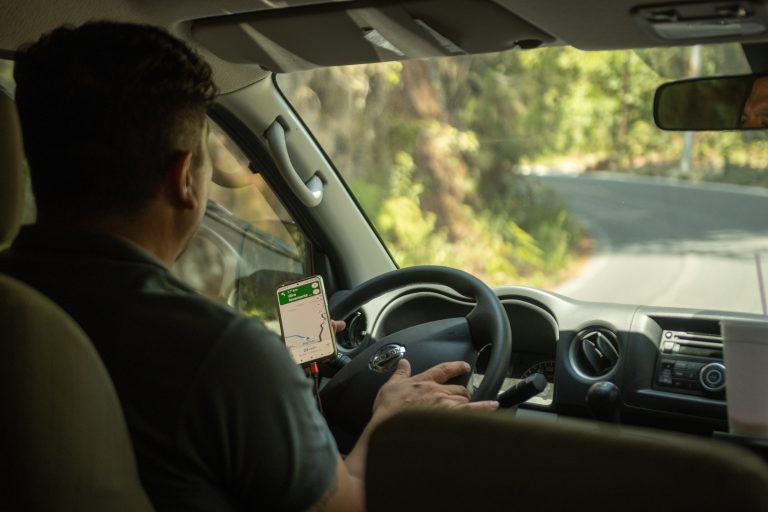Maximizing Fuel Efficiency and Reducing Operating Costs with GPS Fleet Tracking
GPS fleet tracking technology is revolutionizing the way businesses manage their vehicle fleets. By providing real-time location tracking and valuable data insights, GPS fleet tracking helps businesses optimize routes, reduce fuel consumption, and save on operating costs.
One of the key benefits of GPS fleet tracking is the ability to monitor and optimize fuel usage. By tracking vehicle speed, idling time, and fuel consumption, businesses can identify areas for improvement and implement changes to increase fuel efficiency. This can lead to significant cost savings, as fuel is often one of the largest expenses for a fleet.
GPS fleet tracking also allows businesses to optimize routes and reduce unnecessary miles driven. By providing real-time traffic updates and the ability to route vehicles around congestion, businesses can save on fuel and reduce wear and tear on vehicles. Additionally, GPS fleet tracking can help businesses identify inefficient routes and make adjustments to improve efficiency.
Another way GPS fleet tracking can help businesses save on operating costs is through better maintenance management. By tracking vehicle usage and alerting managers when maintenance is due, businesses can ensure that their vehicles are always running at their best and avoid costly breakdowns.
GPS fleet tracking also offers valuable security features, such as ignition disable and real-time alerts for unauthorized vehicle usage. These features can help businesses prevent theft and unauthorized use of vehicles, which can save on insurance costs and other expenses associated with stolen vehicles.
GPS fleet tracking is a powerful tool that can help businesses reduce fuel consumption in a number of ways. Here are some examples of how GPS fleet tracking can help:
- Optimize routes: By tracking the locations of your vehicles in real-time, GPS fleet tracking can help you identify the most efficient routes for your drivers to take. This can help reduce fuel consumption by reducing the distance traveled and minimizing unnecessary detours.
- Monitor driving habits: GPS fleet tracking can also help you monitor the driving habits of your drivers, such as speeding, hard braking, and rapid acceleration. These habits can significantly increase fuel consumption, and by identifying and addressing them, you can help reduce your fuel costs.
- Improve maintenance: GPS fleet tracking can also help you improve the maintenance of your vehicles, which can help extend their lifespan and reduce fuel consumption. For example, by tracking the mileage of your vehicles, you can ensure that they are serviced regularly and that any potential issues are addressed promptly.
- Identify idle times: GPS fleet tracking can also help you identify when your vehicles are idling unnecessarily, which can be a significant source of fuel waste. By identifying and addressing these idle times, you can help reduce fuel consumption and save money on fuel costs.
Overall, GPS fleet tracking is a powerful tool that can help businesses reduce fuel consumption and save money on fuel costs. By optimizing routes, monitoring driving habits, improving maintenance, and identifying idle times, you can take control of your fuel consumption and improve the efficiency of your fleet.





